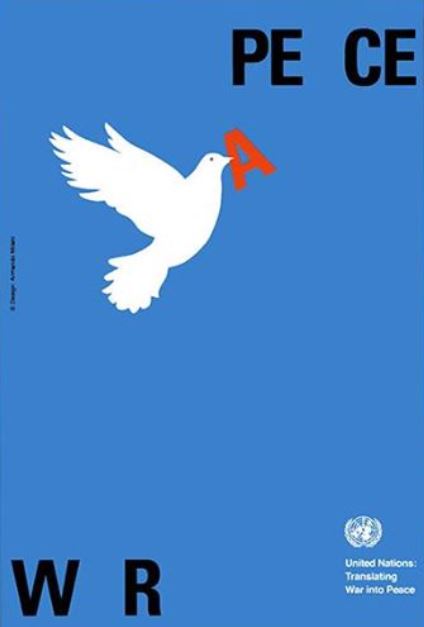I have only taken a few philosophy classes and the reason I took them was to learn more about the subject of philosophy and about their current areas of expertise and especially about famous classical writers of philosophy--Ayn Rand, Nietzsche, Engels, Friedman, Aquinas, Hobbes, Musashi, Michael Ruse (recently about Biology). Many of the well-known philosophers were/are influential during their lives or afterward. Most of them have made their name by writing specifically about a question and the possible answers that may arise.
Philosophy is quite a bit like mathematics or computer science except the questions addressed are not as easily formed as in those subjects. For mathematics and computer science, set theory and proofs rely on definitions of objects and the applicability of operations on those sets. One can easily examine mathematical and computing objects and operations and determine the truth or falseness of the statements.
In my work in computing, test theories, processes and procedures relied heavily on examining a set of objects, determining the operations that were applied to them, and providing a set of data that would examine each operation for any possible situation.
One of the most complicated cases of test occurred in the avionics "fly-by-wire" modules. These "black boxes" were safety critical features that were regulated by government bodies and potential sources of future liability suits (law). Many black boxes on government projects were sealed after being certified as a specific tested release of a requirements traceable functionality governed by a contractual agreement. Testing these items had to examine the code, the assumptions, the requirements, the given configuration, who certified it.
Customer Service Engineering, (as a different field), likewise, had to write test procedures for any item on an airplane that could fail and would require replacement.
As you can see from my examples, everything I said was subject to interpretation, not all of it subject to computer programs, computer systems, or mathematical logic. This is where philosophy comes in, especially in areas like the law. Sets of words can be tested for their legality and past decisions. Failures can cross organizations, systems, contracts, and ethics, cost lives, cost millions of dollars.
The ability to uncoil a nested set of all of these things is the realm of rational thinking and philosophy.
Philosophical thinking often deals with human beings and how they think rather than man made objects--now we're off on biological subjects too, and psychological.
Innovations often relies on philosophical thinking because most innovations involves the ability to step outside of a closed system and ask, "could anything else be considered?"
When humans get stuck -- think war, think unknown phenomena like ghosts or the Higgs particle, think global warming, or hunger, or poverty, or applicability of religion, or biased reactions, rational thinking and philosophy can offer the mental rigor to propose different, unconsidered solutions.
Philosophical questions are addressed relating to education, economics, political science, psychology, medicine, physics, biology, organizational behavior, military strategy, etc. Wisdom is the realm of philosophy--the fabled double-edge sword of the seers that offered advice came from the many interpretations that advice could potentially offer. Like the solution set, the problem set often has hidden, unexamined states that need to be considered.

